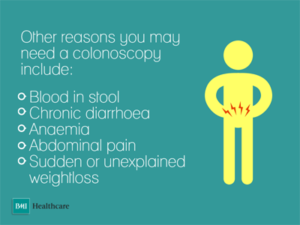The hip is a crucially important joint in the body. Problems with it create severe difficulties with walking and can subsequently affect the back, knees, ankles, and feet. Issues with the hips are often addressed with surgical intervention, even though they can stem from a variety of conditions and injuries.
For all its vital functions in the body, the hip is a reasonably simple structure; a basic ball-and-socket joint that many people study in elementary school science. That’s why it’s so common for surgery to be used for hip repairs.
The surgery itself involves several variables, primarily focused on just how much of the ball, socket, or cartilage is damaged, and how much must be replaced. A surgical team that devises the ideal plan for repairs will help the patient’s hip surgery recovery to be shorter and less painful.
At the root of the severity of the hip’s condition is the origin of its problems. Each patient has different circumstances for the decline of his or her hip, so it’s important that the patient provides good feedback to the surgeon about the history and decline of the hip.
Most hip problems are associated with old age, specifically with osteoarthritis. The impact of years of activity, such as at manual labor, can be a sharp decline in the condition of joints, particularly the hips. Inflammation and damage to soft tissue in the joint can make movement painful, often leading to reduced physical activity that exacerbates the condition by causing weight gain.
Other problems with the hip can stem from osteoporosis. This is a condition is caused when the body consumes calcium from the bones to compensate for a lack of calcium in the diet. While we often think of the spine as the primary center of this condition, it damages bone throughout the body and can increase the chance of a fracture that either causes or results from a fall.
Younger patients can have hip problems as well. Many athletes experience hip deterioration that can require surgery at a younger age than might be expected. Almost every sport can contribute to hip damage. The rapid stops and starts of tennis can be tough on joints. Contact sports like rugby can damage cartilage. Weightlifting can force the hip to bear more weight than it was designed for. The list goes on and on, but the result is the same: a marked decline in the condition of the patient’s hips. And the treatment is often surgical.
The final factor that can contribute to hip problems is trauma. We know that we can experience an acute hip injury in a car accident or other event, but sometimes the damage is not immediately visible. Symptoms may be difficult to notice due to other, more painful injuries, or they may even be painless until years later. In time, the hip can deteriorate to a point that requires surgical intervention.
The causes of hip problems are numerous, and issues can develop at any age. Today, the surgical repairs made to our hips have almost as much variety as the underlying problems themselves. These innovative techniques are helping us have shorter recoveries, less pain, and a better chance at a life free from hip pain.
The post Why You Might Need Hip Surgery appeared first on talkhealth Blog.





 Most women, at some point in their lives have experienced urine leakage while running, but never talk about it and more often than not, this is due to weaker bladder muscles. Exercising should be enjoyable and not uncomfortable and there are a number of things you can do to effectively manage and in many cases improve the problem.
Most women, at some point in their lives have experienced urine leakage while running, but never talk about it and more often than not, this is due to weaker bladder muscles. Exercising should be enjoyable and not uncomfortable and there are a number of things you can do to effectively manage and in many cases improve the problem.